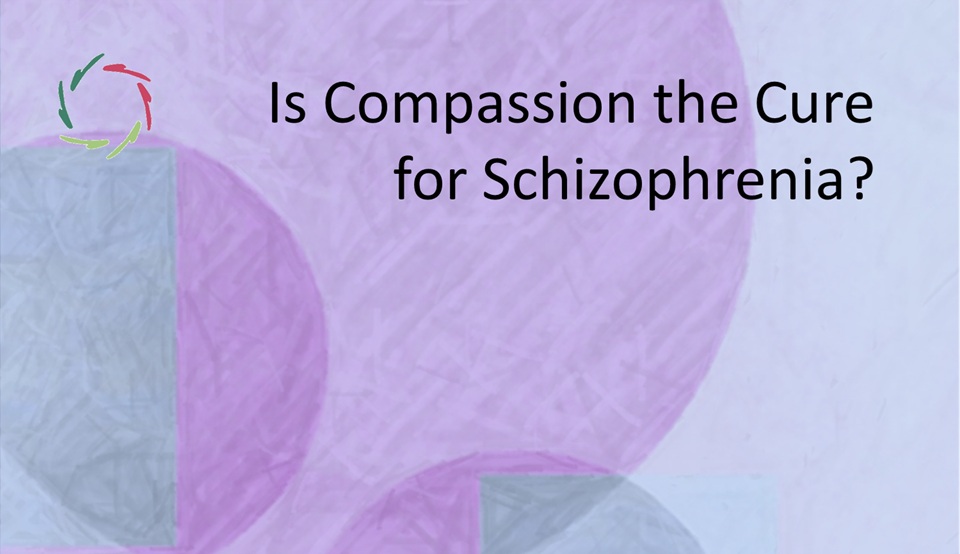Through Compassion to Compassion

When the means is also the goal, one can foresee a self-enhancing journey towards more Compassion, if only well supported. This is highly hopeful.
Compassionate healing
A Compassionate stance can have a healing influence in many situations. The Compassionate person does this through closeness in an environment of safety ― including the absence of any judgment.
Through this, the other person is invited to also look Compassionately at himself.
It is the basis for any healing.
Moreover, Compassionate healing is naturally more than just about a quick-and-dirty diminishment of symptoms. A symptom is but an entrance, an invitation, really. [see: “Symptom = Problem?“]
The aim of Compassionate healing is a growth process with a dual goal:
1) to attain a state in which the symptom is not needed anymore, thus diminishes; and
2) this state itself, which is a state of higher growth and Compassion.
Psychotherapies versus psychotherapists
Psychotherapeutic techniques get another flavor if the aim is to be as Compassionate as possible. If the techniques stand in the way, they should be only be used with great caution. In most cases, I think the techniques should be abandoned.
Compassion itself is most important.
Client-centered or therapist-centered?
That’s another question that immediately pops up. In a movement away from a non-critical use of psychotherapies, many put the weight on the therapist’s side, speaking about non-common factors as the real therapist’s instruments: basically – in my take on this – placebo and empathy. [see: “Psychotherapy vs. Psychotherapies“] This is quite therapist-centered.
But doesn’t the client eventually heal himself?
Isn’t the therapist mainly an instrument to help the client heal himself? So, should we look at the happening as therapist-centered?
Here, Compassion is genuinely enlightening.
Yes, therapist-centeredness is OK. At the same time, the therapist should be a growing person ― human growth. Metaphorically speaking, the therapist should grow so that his circles of growth are so big that there is room for the client.
The aim is also for the client’s circles to grow so big that there is room for the therapist (and many others).
Both endeavors are Compassionate.
What happens goes through Compassion to Compassion.
Therapist-centeredness is the same as client-centeredness. They overlap. This way, the client can feel another person’s wisdom from inside ― wisdom being yet another term to denote Compassion. Yet another term, if you allow me, is Love. [see: “Growth, Compassion, Love“]
Not only in psychotherapy
To the attentive reader, it may quickly be evident that the ‘coaching aspect’ is equally pertinent to other domains, such as leadership, physician-patient relationship, nursing, teaching.
Last but not least: everyday life.
Everywhere mental change is important. [see: “Mental Change: How it Works“] That’s right: for human beings, that means literally everywhere.


